Quartzy: the drowned in moonlight edition
Happy Friday!
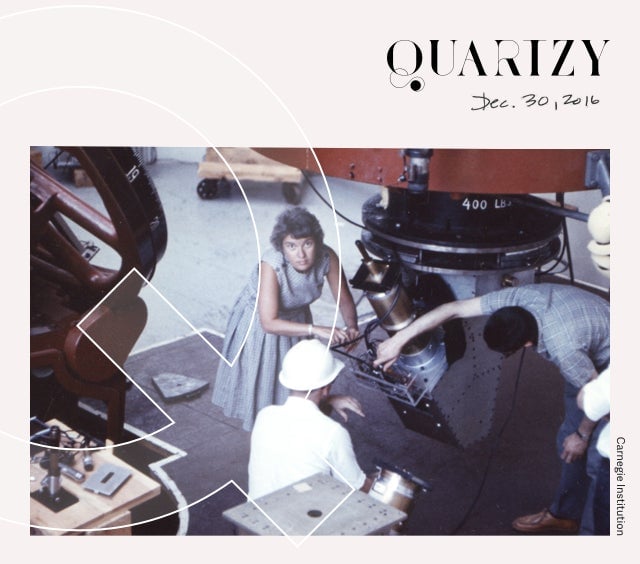
Happy Friday!
2016 has seen the loss of many luminaries. Just this week we said goodbye to George Michael, Carrie Fisher, Debbie Reynolds, and Vera Rubin. Rubin may have been the lesser known among them, but the pioneering astrophysicist who found evidence of dark matter in the universe was no less of a superstar. Rubin died at age 88, on Christmas day, and as I read about her life, I was struck by her warm, generous humor, coupled with a sense of perspective that perhaps only an astrophysicist can fully cultivate.
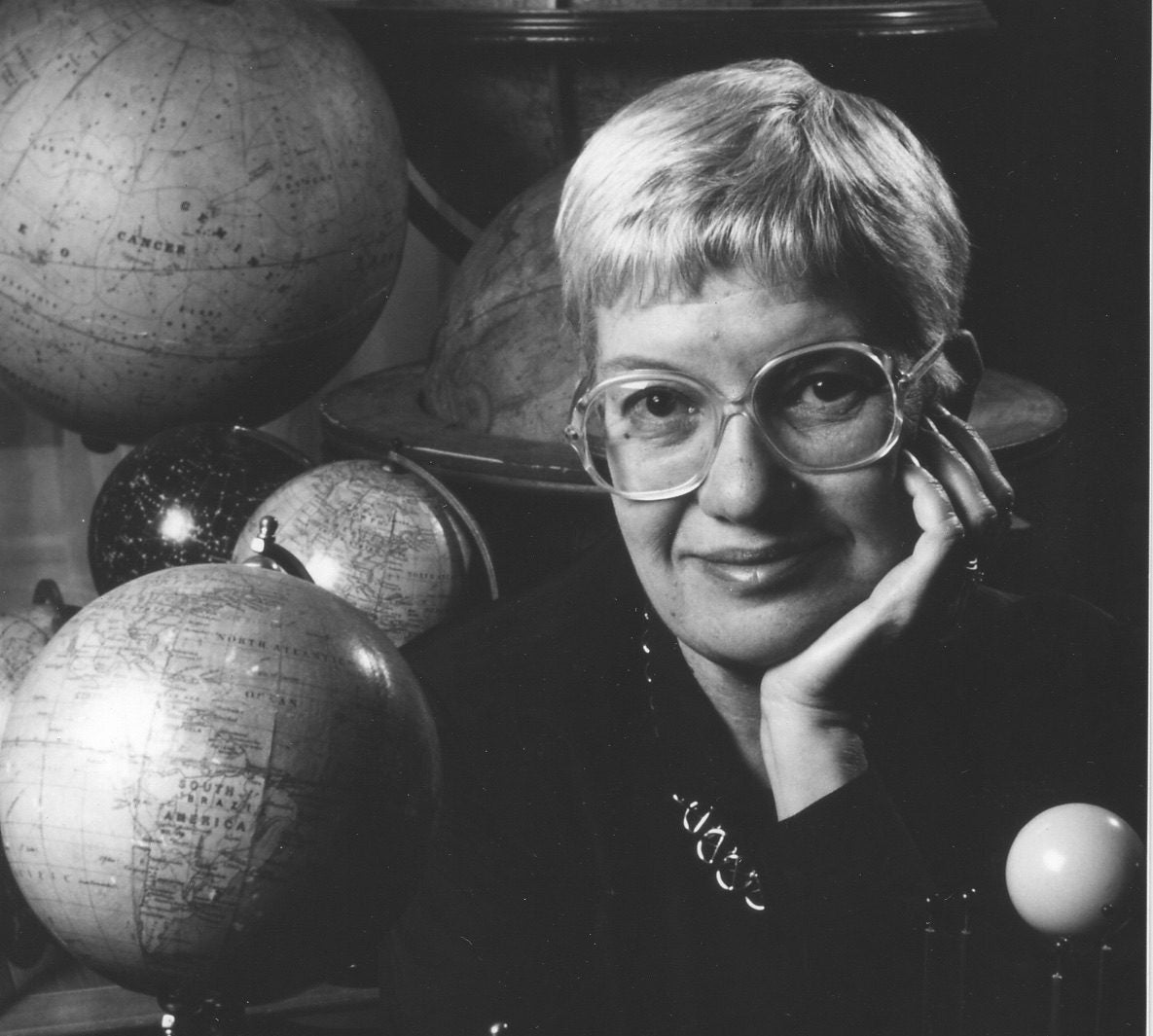
As a female scientist, Rubin was always a minority. The only astronomer in her 1948 graduating class from Vassar, she was denied admission to Princeton’s astronomy program, which did not accept women until 1975, and discouraged from using the nation’s most powerful telescopes. As Jesse Emspack wrote for Quartz, Rubin overcame these challenges to bring the study of dark matter—the stuff that makes life possible in the Milky Way—into the mainstream.
Little wonder then that Rubin, a working mother of four children, couldn’t be bothered to care if her kids’ rooms were messy, as she explained in her 1997 book Bright Galaxies, Dark Matters. She described a big Washington, D.C. house with generous tables for spreading out one’s work—and sometimes for eating. (All her children grew up to be scientists.)
Rubin wrote part of her book‘s preface from a cabin in Jackson Hole, Wyoming on the Winter Solstice just before Christmas of 1995. In it, she described awaiting the arrival of her children and grandchildren, and the rising and falling of constellations in the night sky—both with equal elegance, gratitude, and wonder. It sounded like a good life.
Another cosmic warrior. The actor Carrie Fisher, who died on Dec. 27 following a heart attack, was best-known for her portrayal of Princess Leia in the original Star Wars trilogy. But as a mental health advocate, writer, and public figure, Fisher’s legacy goes far beyond her famous role.
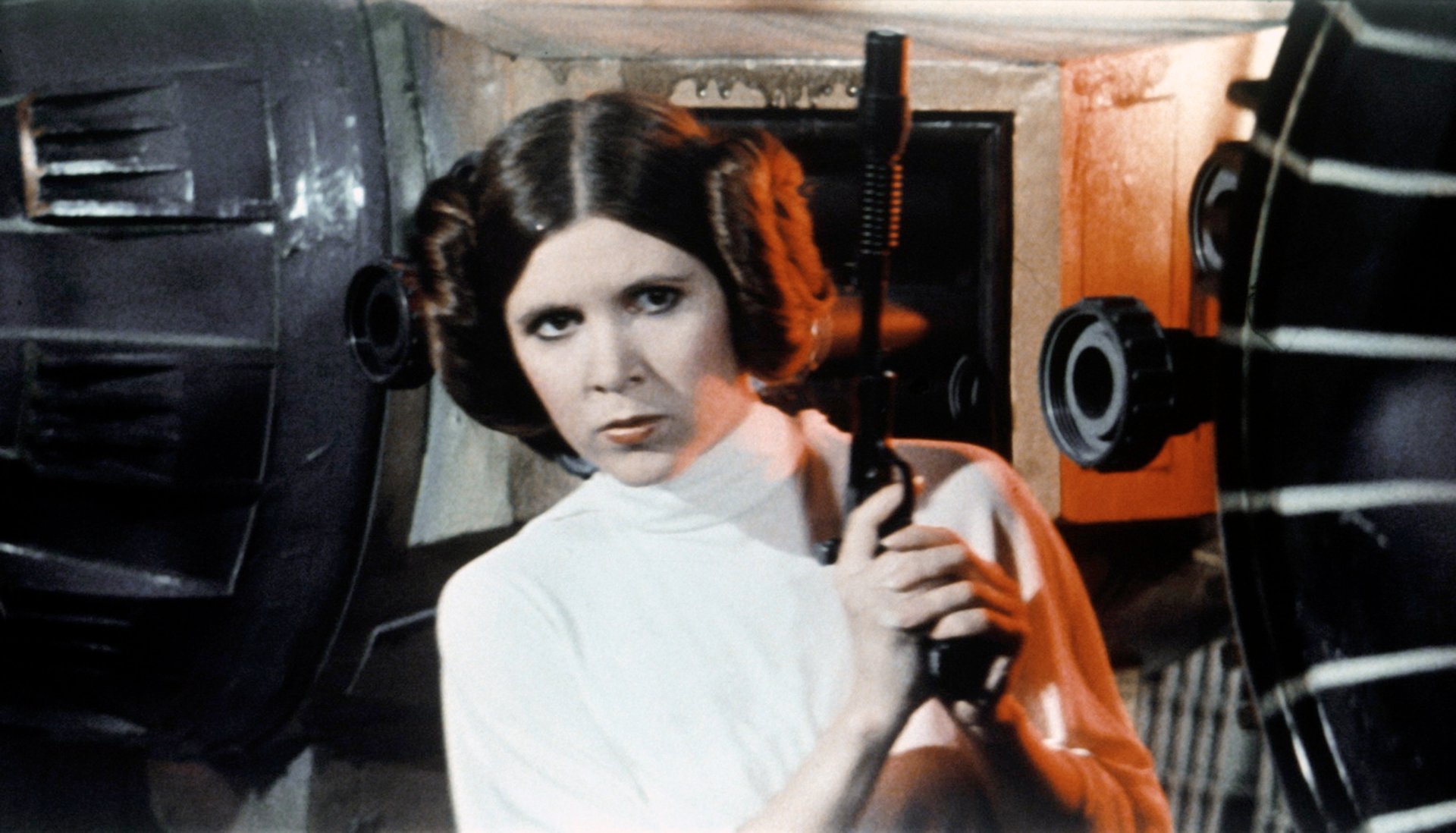
“She managed to reclaim her own narrative by relentlessly confronting the world with the spectacle of her human complexity,” wrote Sady Doyle, for Quartz, elucidating how Fisher’s raw honesty, humor, and advice helped people who have struggled with mental illness, addiction, sexual discrimination, and heartbreak. (And who hasn’t suffered from at least one of those?)
“She never toned it down, never apologized for taking up space, never repented for the sin of being a flawed, human woman in the public eye.”
Toward the end of her life, Fisher dispensed advice via a column for the Guardian. In the introduction, she wrote: “Hilariously—after all the drug addiction and celebration marriage and mental illness and divorce and shock treatment and heartbreak and motherhood and childhood and neighborhood and hood in general—I’ve turned out to be (at close to 70) a kind of happy person (go figure!)”
“Carrie Fisher drowned in moonlight, strangled by her own bra.” An unusual obituary began circulating on Twitter, thanks to an anecdote Fisher relayed in her one-woman-show-turned-bestseller, Wishful Drinking.
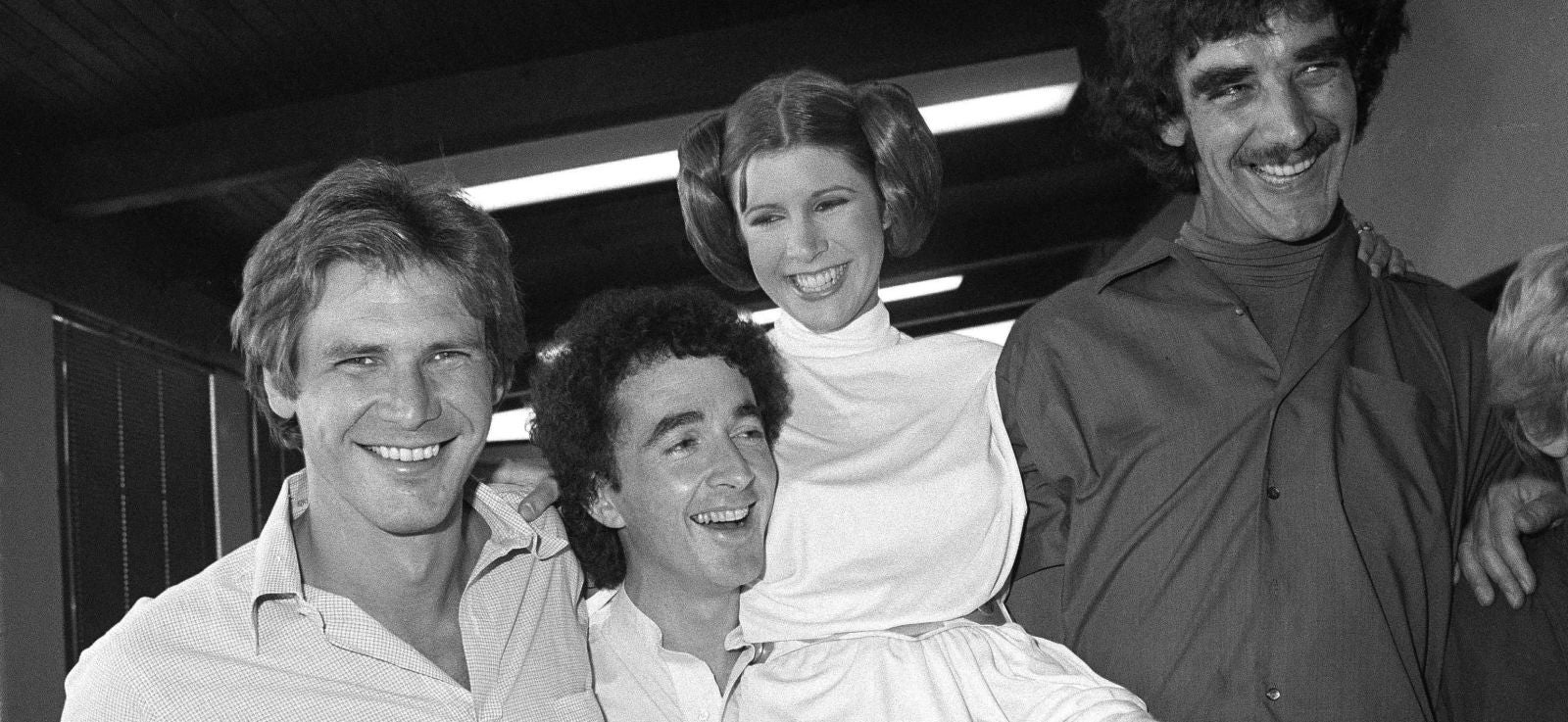
As she remembered it, Star Wars director George Lucas told her, with great conviction, that she could not wear a bra beneath her white dress, because “there’s no underwear in space” and “your body expands and your bra doesn’t, so you get strangled by your own underwear.” Fisher said: “I think that this would make a fantastic obituary… I want it reported that I drowned in moonlight, strangled by my own bra.” And so it was.

Look before you leap. Tomorrow night, we’ll kiss 2016 goodbye and welcome in 2017, celebrating that the Earth has given us one more go around the sun. Quartz’s David Yanofsky writes that for some of us, 2016 is going to last just a hair longer than for others, thanks to a concept known as the leap second.
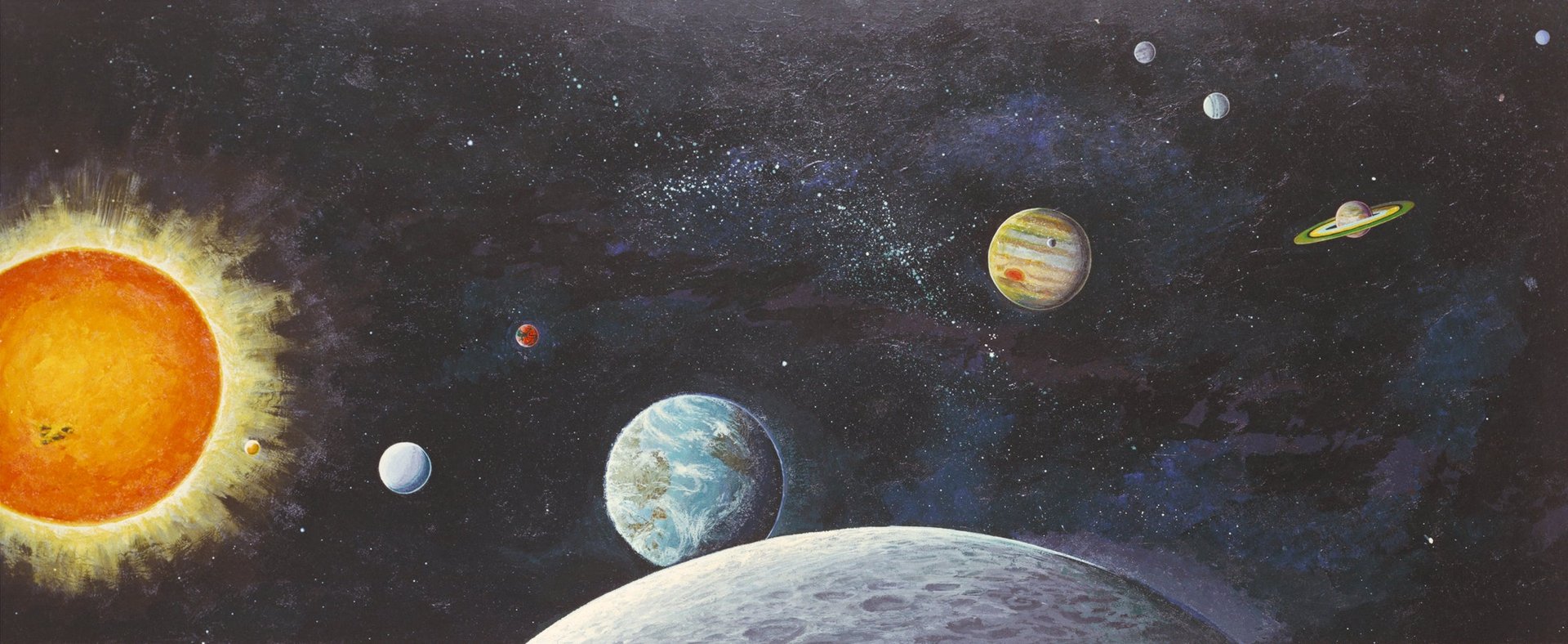
Because the earth doesn’t spin at a perfect speed of one rotation every 24 hours, scientists occasionally insert an extra second into time to keep global clocks in sync with the sun’s position. Have a look at David’s interactive feature to find out if your 2016 is going to get a leap second (like mine!), or whether you’ll count that extra moment onto 2017.
Speaking of an extra moment. Like me, Quartz’s Georgia Frances King chronically runs 10 minutes late. After a series of unsuccessful tricks, Georgia believes she finally has the key to kicking her tardiness for good, thanks to a deeper understanding of her problem: “I’m not going to stop being late—I’m going to start being comfortable with the idea of being still.”
Rather than attempting to fill every moment between tasks and obligations with other tasks and obligations (ie: using that five minutes before you absolutely must leave the house to fire off one more email) Georgia is vowing to enjoy a few minutes of downtime: “to see what life is like when my journey to dinner with a friend isn’t a frantic power-walk, but a leisurely stroll.” I hope to join her.

May your New Year be filled with cosmic perspective and leisurely strolls. I’m starting mine with George Michael’s 1987 album, Faith, in my headphones.
Have a great weekend!
[quartzy-signature]

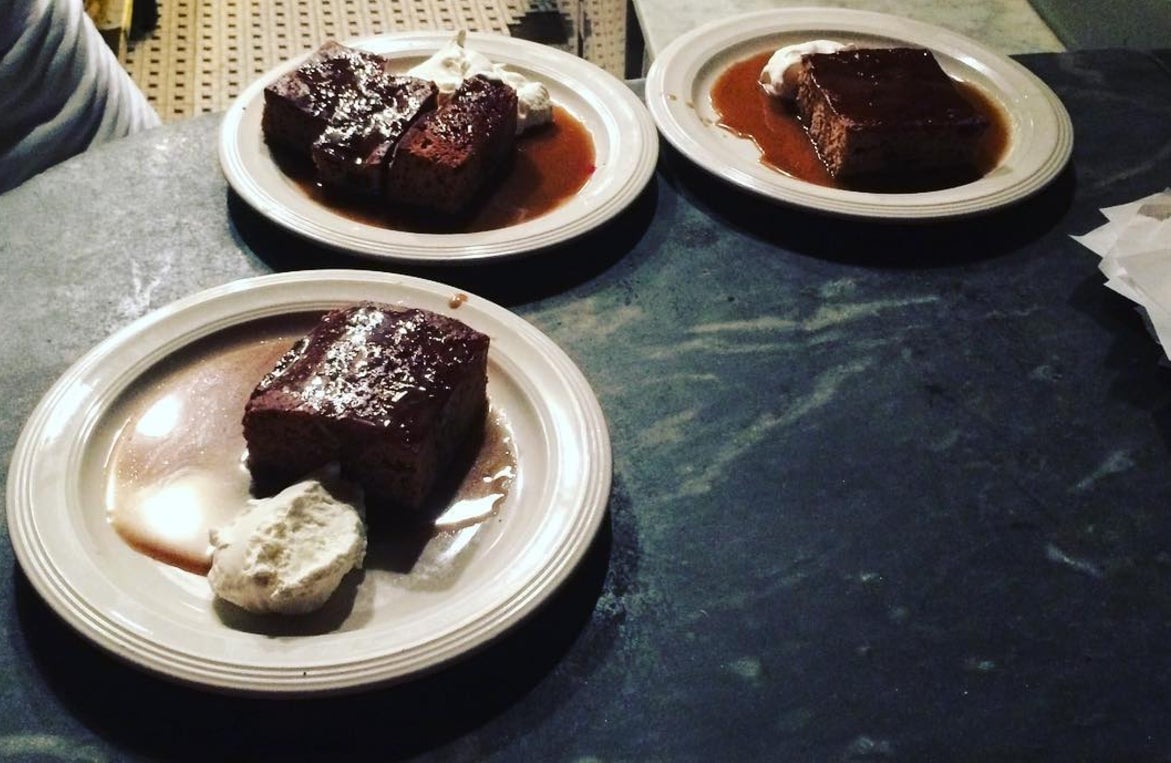
A sweet start for 2017. If you’re invited to a dinner party this New Year’s Eve, consider bringing this decadent, sleeper hit of a dessert: sticky date cake. Although it’s widely beloved as sticky toffee pudding in Great Britain, and as sticky date pudding in Australia, here in the US the deep, rich, moist—and yet, non-chocolate—cake is still something of a novelty. Steeped in warm butterscotch sauce and dressed with a dollop of cool, fresh whipped cream, it’s a perfect way to close out the year. Find my recipe, adapted from the New Zealand chef Jo Seagar, on Medium.